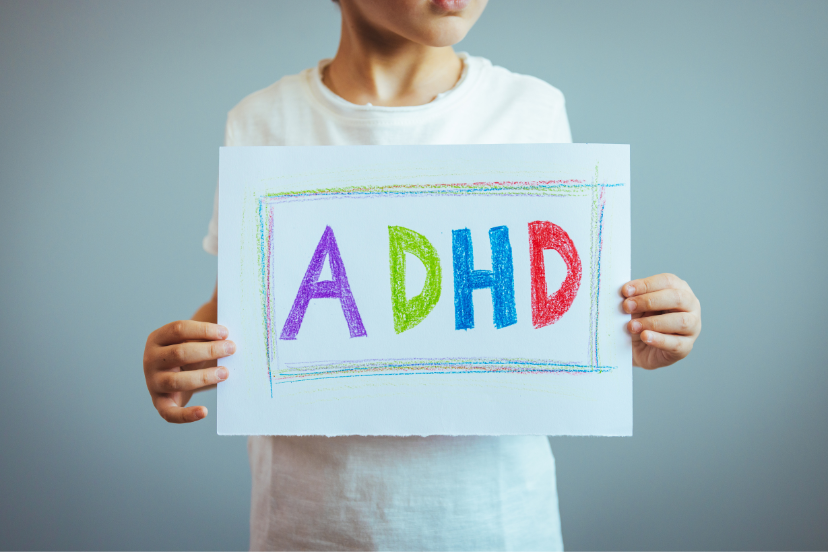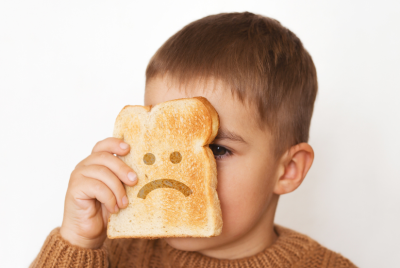Gluten and ADHD: Separating Fact from Fiction
Introduction
Gluten, the protein found in wheat, barley, and rye, has long been a topic of debate in relation to various health conditions, including Attention Deficit Hyperactivity Disorder. But what exactly is the connection between Gluten and ADHD? Let’s delve into the research and separate the facts from the myths.
What is Gluten and How Does it Affect the Body?
Gluten is a protein composite found in wheat and related grains, including barley and rye. It provides elasticity to dough, helping it rise and maintain its shape. However, for some individuals, gluten can trigger adverse reactions, such as digestive issues, inflammation, and autoimmune responses.
Understanding ADHD: A Brief Overview
The relationship between Gluten and ADHD has garnered significant attention in recent years. Some proponents argue that gluten sensitivity or intolerance may exacerbate ADHD symptoms in certain individuals. However, scientific evidence supporting this claim is limited and inconclusive.
Debunking Myths: Common Misconceptions About Gluten and ADHD
- Gluten-Free Diet as a Cure for ADHD: While some advocate for gluten-free diets as a way to manage Attention Deficit Hyperactivity Disorder symptoms, there is insufficient scientific evidence to support this approach as a universal remedy for Attention Deficit Hyperactivity Disorder.
- Gluten Sensitivity and ADHD: Although gluten sensitivity is a legitimate condition, its link to ADHD requires further research to establish a clear causal relationship.
- Eliminating Gluten to Improve Focus: While anecdotal reports suggest that eliminating gluten may lead to improvements in focus and behavior for some individuals with Attention Deficit Hyperactivity Disorder, these experiences are not universal and may be attributed to a variety of factors.
- Gluten-Free Products as Healthier Alternatives: It’s essential to recognize that not all gluten-free products are inherently healthier. Many gluten-free alternatives contain higher levels of sugar, fat, and additives to compensate for the lack of gluten.
- One Size Fits All Approach: It’s crucial to acknowledge that each individual may respond differently to dietary changes. What works for one person with Attention Deficit Hyperactivity Disorder may not necessarily benefit another, highlighting the need for personalized treatment plans.
- Gluten Elimination Without Proper Diagnosis: Embarking on a gluten-free diet without a confirmed diagnosis of gluten sensitivity or celiac disease may lead to unnecessary dietary restrictions and potential nutrient deficiencies.
FAQs About Gluten and ADHD
- Can a Gluten-Free Diet Cure ADHD? While some individuals may experience symptom improvement on a gluten-free diet, it is not a cure for Attention Deficit Hyperactivity Disorder. Managing ADHD typically requires a comprehensive approach involving medication, therapy, and lifestyle modifications.
- How Can I Determine if Gluten is Affecting My ADHD Symptoms? If you suspect gluten may be exacerbating your ADHD symptoms, consider consulting with a healthcare professional to undergo testing for gluten sensitivity or celiac disease. Additionally, keeping a food diary to track symptoms after gluten consumption can provide valuable insights.
- Are There Any Studies Linking Gluten Consumption to ADHD? While preliminary research suggests a potential association between gluten sensitivity and Attention Deficit Hyperactivity Disorder, larger, well-controlled studies are needed to establish a definitive link.
- Should Everyone with ADHD Follow a Gluten-Free Diet? No, not everyone with Attention Deficit Hyperactivity Disorder needs to follow a gluten-free diet. It’s essential to consult with a healthcare provider before making any significant dietary changes, as eliminating gluten without proper guidance may result in nutritional deficiencies.
- Are There Any Other Dietary Factors That May Influence ADHD Symptoms? Some research suggests that certain dietary factors, such as artificial food additives, preservatives, and sugar, may affect Attention Deficit Hyperactivity Disorder symptoms in some individuals. However, more studies are needed to confirm these associations.
- What Are Some Gluten-Free Alternatives for Individuals with ADHD? There are plenty of naturally gluten-free foods, including fruits, vegetables, lean proteins, and whole grains like quinoa and rice. Incorporating a variety of nutrient-dense foods into your diet can help support overall health and well-being.
In Conclusion
While the debate surrounding Gluten and ADHD continues, it’s essential to approach the topic with caution and critical thinking. While some individuals may experience symptom improvement on a gluten-free diet, it’s not a one-size-fits-all solution for managing Attention Deficit Hyperactivity Disorder. Consulting with a healthcare professional and adopting a balanced approach to nutrition is key in addressing ADHD symptoms effectively. Remember, the relationship between diet and ADHD is complex, and personalized treatment plans are crucial for optimal outcomes.




